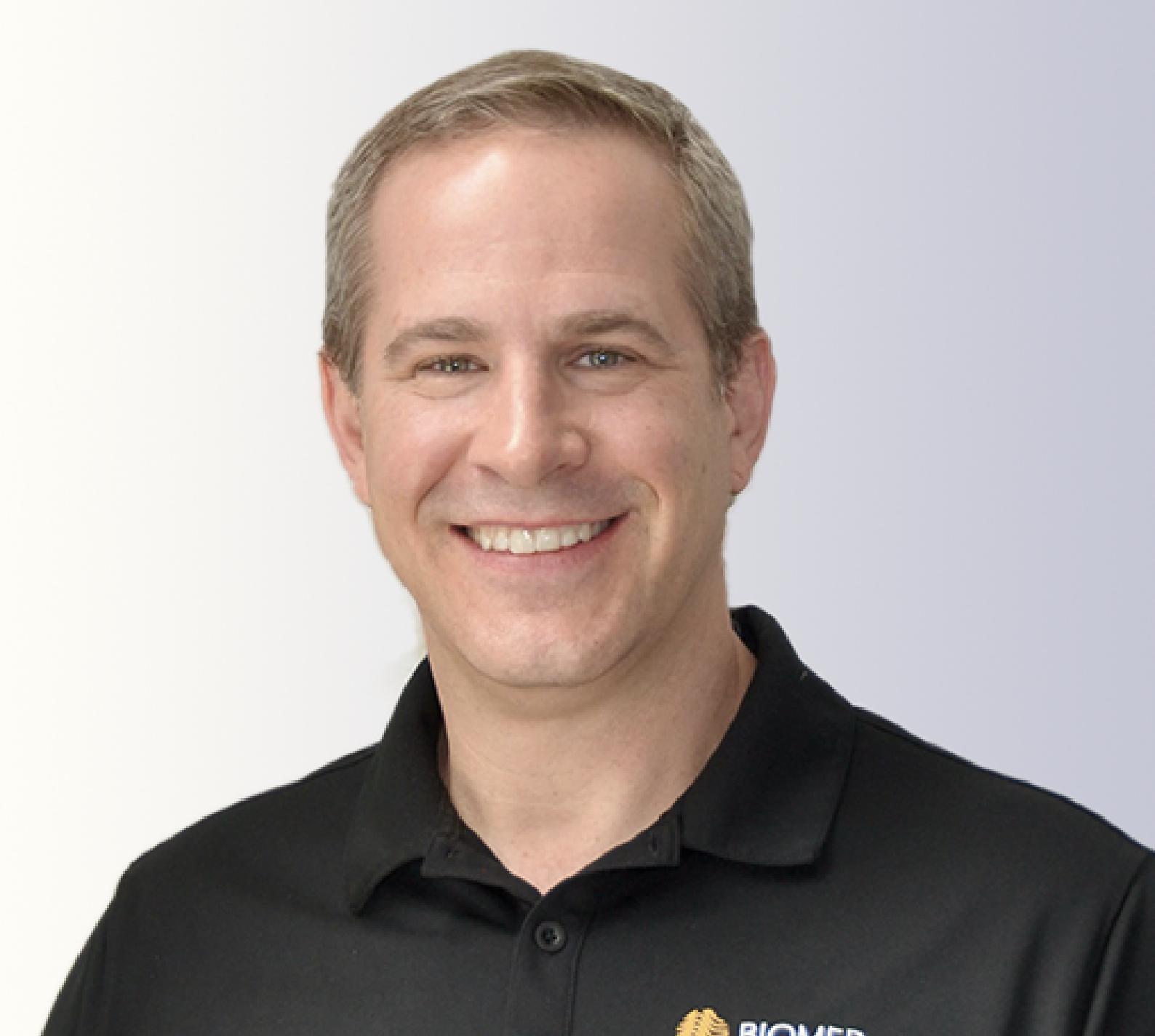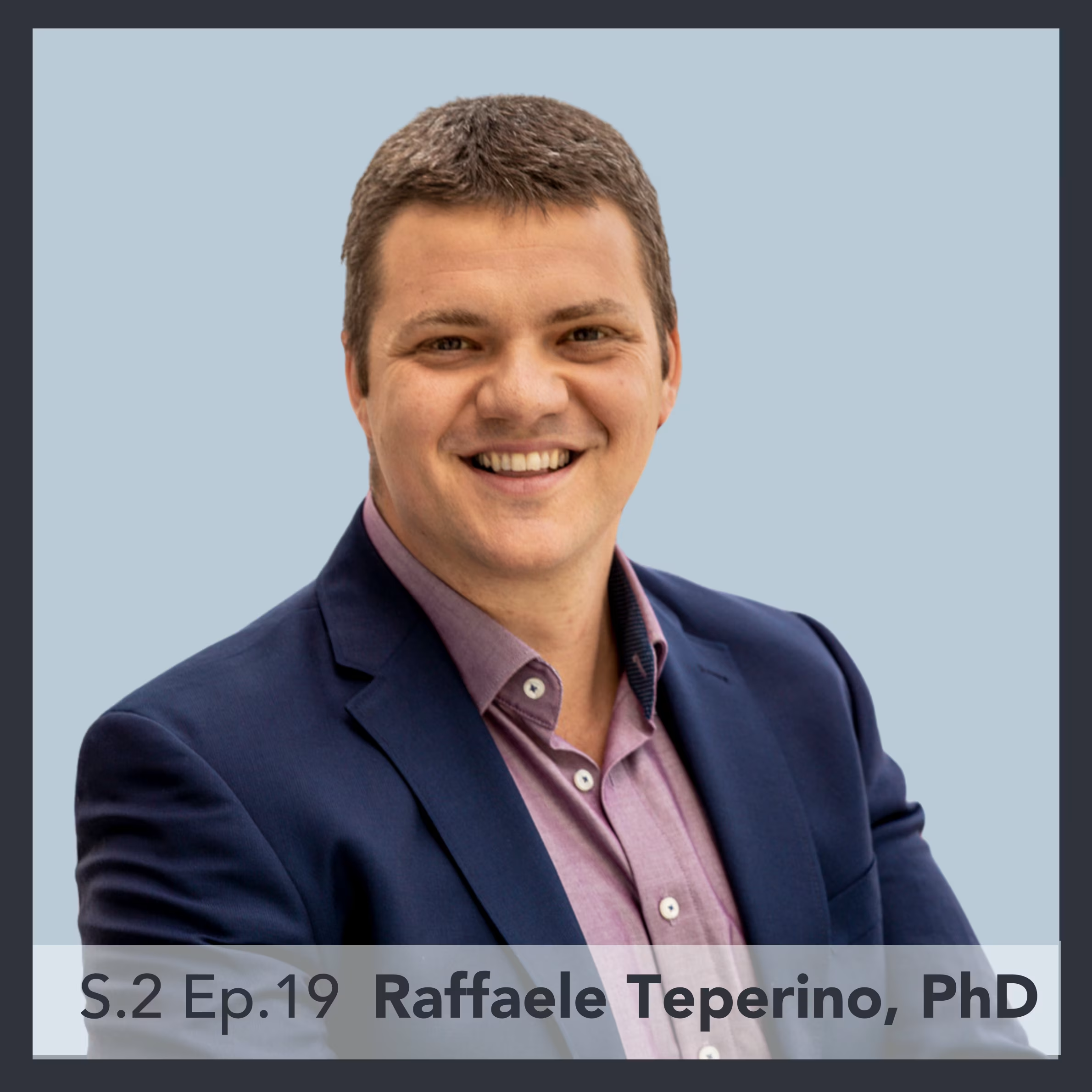I always have a great time chatting with Dr. Jeoff Drobot, and in this podcast he doesn’t disappoint.
He is an expert in “age accounting” and often speaks about biological age in terms of environmental debits and credits.
What does this look like?
Well, retirement should not be the first time you start thinking about longevity. Just like a small amount of money invested well can grow to become significant wealth, a small investment in your health can lead to years of a healthier, enjoyable life.
So, what’s the first step for making this investment?
First, know how to cut through the fluff. A huge number of supplements, devices, lifestyle plans, and even prescription drugs claim to promote longevity. While some have true health benefits, others are all hype and may even cause harm.
vSecond, you need an expert in the field of longevity. Ideally, this is a professional who believes in the power of innovative technology, and has the training and experience to discern what is really worthwhile.
Your longevity expert will need to know how to tailor your longevity plan for your unique physiology and how to make adjustments as needed.
In this episode of the Everything Epigenetics podcast, Dr. Drobot and I chat about making this type of health investment in yourself along with the role of epigenetics and bioregulatory medicine in wellness. Additionally, we discuss how to leverage the power of technology and implement customized medical “biohacking” protocols to protect your investment in longevity.
Remember, your health is your greatest investment.
In this podcast you’ll learn about
– Dr. Drobot’s journey in medicine
– Epigenetics being an integral piece of how Dr. Drobot practices Biological Medicine today
– The importance of longitudinal testing
– What it means to practice vs. pay for longevity
– Biological age in terms of environmental debits and credits
– How epigenetic testing has revolutionized Dr. Drobot’s practice
– How innovations in biological medicine optimize methylation and therefore biological aging
– Multiple case studies from Dr. Drobot’s practice
– Resonate breath rate
– My WHOOP journey
– How epigenetic testing can empower those who are say 40, 50 or even 60 to take charge of preventing cognitive decline disease processes
– The newest innovations Dr. Drobot is seeing in the longevity space and utilizing in his practice
Visionary Biological Medicine expert, physician and published author, recognized as a leading authority on athletic performance, European Biological Medicine, and electroceutical performance technology. Pioneered biohacking, alternative and anti-aging medicine in the US, and built the country’s pre-eminent healthcare facility dedicated to the practice. Supported the end-to-end patient journeys of tens of thousands of patients ranging from corporate leaders to elite athletes globally to refine, revitalize and optimize physical and cognitive performance. Global thought leader on Naturopathic Medicine and technology, sought after by national and international sporting organizations to shape the health and fitness roadmaps of their athletes. Regularly featured and quoted in the media, industry conferences, articles and podcasts, blending clinical expertise with a passion for holistic human health.




